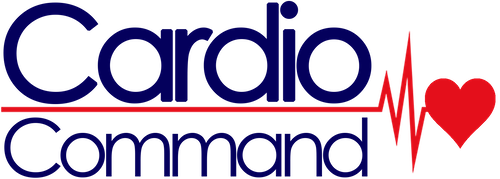Clinical correlates of dysrhythmias requiring an esophageal ECG for accurate diagnosis in patients with congenital heart disease.
Bushman GA. Arkansas Children's Hospital. J Cardiothorac Anesth 1989, 3(3):290-4. Esophageal electrocardiography (EsECG) is a useful adjunct in the diagnosis of dysrhythmias that are difficult to diagnose with a conventional ECG. This study was designed to evaluate which type of dysrhythmias required the EsECG for proper diagnosis and what factors produced the rhythm problems. Sixty-eight pediatric patients undergoing cardiac surgery were studied. After release of the aortic cross-clamp, the cardiac rhythm was analyzed by a standard limb-lead ECG at five-minute intervals. Twenty-six of 68 patients exhibited rhythms during reperfusion that required the EsECG for definitive diagnosis. This group of patients was younger, had longer durations of cardiopulmonary bypass and aortic occlusion, and required more time and interventions to achieve a normal sinus rhythm. The likelihood of difficult dysrhythmias was not related to the type of surgical procedure performed.
